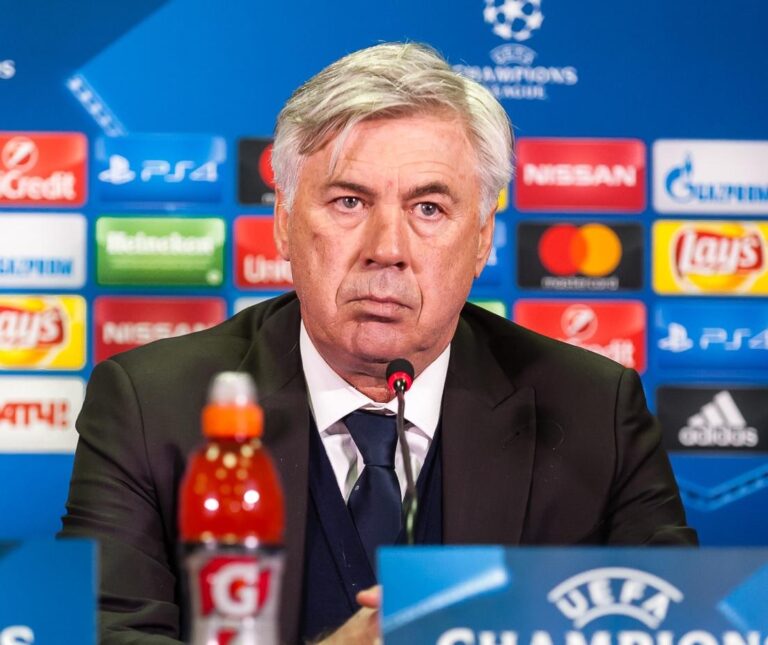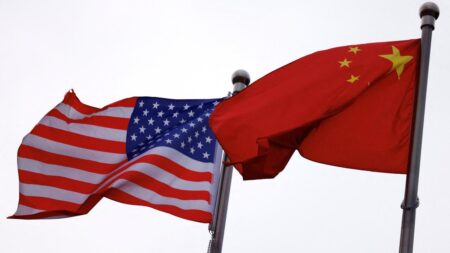Carlo Ancelotti takes Charge of Brazil National Team: A New Era Ahead of the 2026 World Cup
In a groundbreaking development for Brazilian football and the international sports community, carlo Ancelotti has officially been appointed as the head coach of the Brazilian national team. This pivotal role will see him lead the squad into the much-anticipated 2026 World Cup. Ancelotti’s transition to this position signifies a notable change in his illustrious coaching career, which has been marked by numerous achievements across Europe with elite clubs. As Brazil strives to regain its status as a football powerhouse,Ancelotti’s extensive experience and strategic insight will be crucial in navigating this passionate footballing nation’s rich heritage. Concurrently, excitement builds within domestic leagues as Championship playoffs progress, highlighting emerging talents in the sport.
Strategic Insights into Ancelotti’s Impact for the 2026 World Cup
The arrival of Carlo Ancelotti as head coach heralds a new chapter filled with strategic opportunities for Brazil’s national team. Renowned for his tactical versatility and ability to adapt to different styles of play, Ancelotti is expected to infuse fresh perspectives into a squad brimming with talent. His focus on team unity, effective player management, and in-game strategy adjustments aims to leverage Brazil’s technical skills while enhancing overall performance on an international scale. As preparations intensify for the upcoming World Cup, fans and analysts are eager to witness how he integrates his tactical expertise with Brazil’s signature attacking style.
Ancelotti’s leadership approach is poised to inspire young Brazilian players by instilling a winning mindset essential for success in global competitions. Balancing youthful prospects alongside experienced players will necessitate careful planning regarding squad rotation and match readiness. By fostering a robust team culture that prioritizes psychological preparedness among athletes, he aims not only to create competitive teams but also those capable of excelling under pressure. Here are some key elements likely influencing his impact:
- Tactical Adaptability: Adjusting strategies based on opponents while maximizing individual player strengths.
- Youth Development Focus: Connecting emerging talents with established stars effectively.
- Mental Toughness Emphasis: Equipping players mentally for high-pressure situations during matches.
The Significance of Ancelotti’s Role in shaping Brazilian Football
The appointment of Carlo Ancelotti marks an important evolution within Brazilian football tactics. With an impressive track record across various top European leagues, his adaptive coaching style is anticipated to enhance team performance considerably by merging traditional Brazilian flair with contemporary football discipline.
This shift carries implications that extend beyond immediate game outcomes; it sets forth a long-term vision leading up to the critical 2026 World Cup event where cohesion will be paramount. Drawing from past successes managing diverse squads rich in talent but varied playing styles will be vital during this transitional phase.
The Brazilian Football Confederation now faces an chance to reassess fundamental aspects related both player management practices and tactical execution strategies focusing on:
- Youth Integration Strategies: Prioritizing young talent while leveraging seasoned professionals’ experience.
- Tactical Versatility: Crafting adaptable game plans tailored against different international playing styles.
- Team Unity Development: Cultivating camaraderie among players through shared objectives leading towards success at major tournaments.
Future Recommendations for Brazil Under Ancelotti’s Guidance
Beneath Carlo Ancelotti’s insightful leadership lies potential revitalization opportunities that honor Brazil’s storied football legacy while embracing modern tactics effectively.
An influential figure known widely for tailoring strategies according specifically towards each player’s strengths—this adaptability becomes crucial when blending rising stars from local leagues alongside established icons.
To fully harness thes possibilities moving forward requires implementing several key recommendations including:- Youth Talent Integration: Invest resources scouting promising youngsters exhibiting creativity agility through structured training initiatives aimed at nurturing their growth.
- Tactical Flexibility Enhancement: Formulate multiple systems adaptable according opponent characteristics ensuring unpredictability remains intact throughout matches.
- Strong Team Culture Promotion: Establish clear identity rooted unity resilience aligning all members toward common goals leading up towards successful outcomes during competitions like world cups ahead!
- Tactical Flexibility Enhancement: Formulate multiple systems adaptable according opponent characteristics ensuring unpredictability remains intact throughout matches.
- Team Unity Development: Cultivating camaraderie among players through shared objectives leading towards success at major tournaments.




